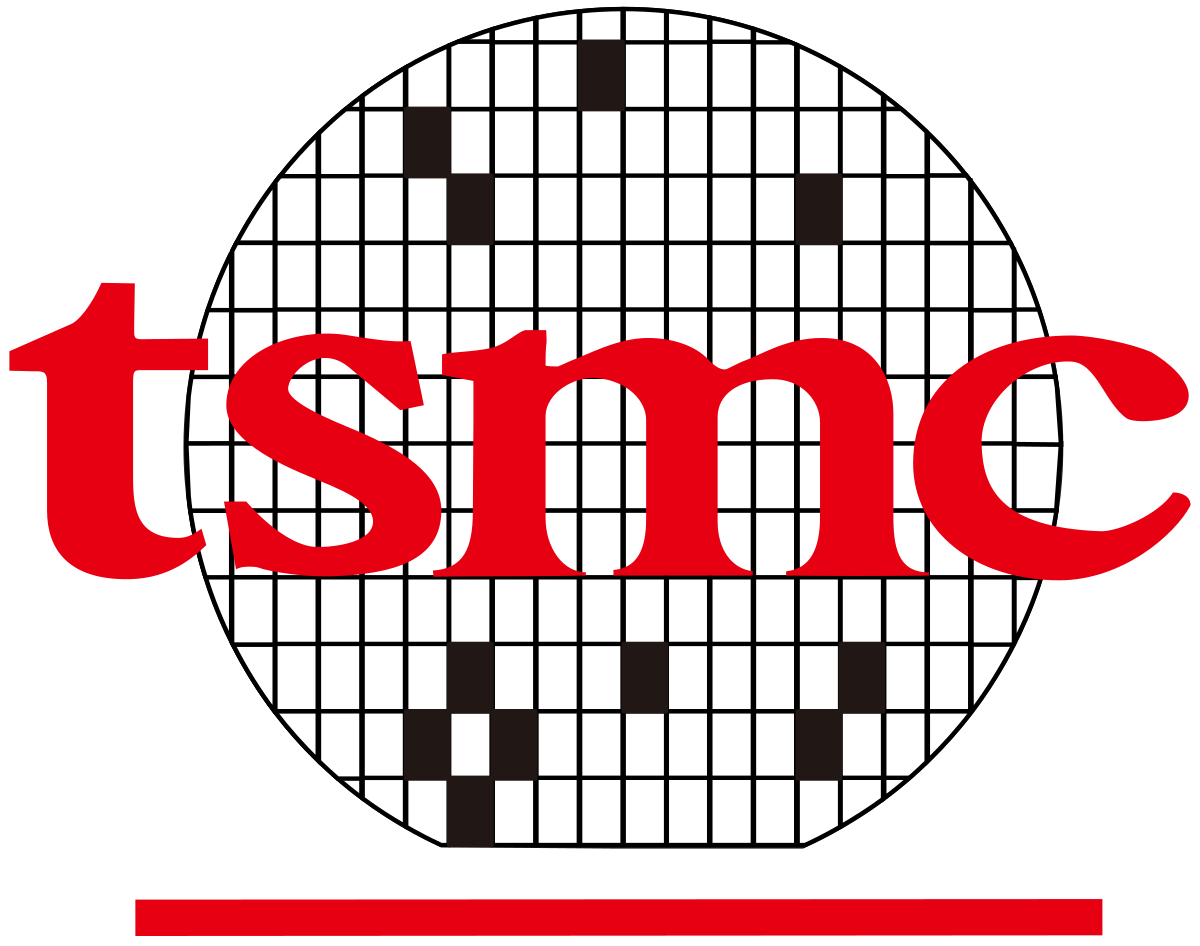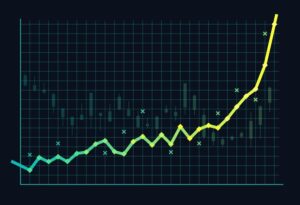- Wall Street anticipates an EPS of $2.13 and revenue of approximately $28.5 billion for the upcoming quarterly earnings.
- TSM’s strong foothold in the AI sector is expected to drive a 52% increase in second-quarter profit, reaching record levels.
- The company’s financial health is underscored by a low debt-to-equity ratio of 0.21 and a current ratio of 2.31, indicating robust stability and growth prospects.
Taiwan Semiconductor Manufacturing Company (NYSE: TSM) is a global leader in the production of advanced AI chips. As a key player in the semiconductor industry, TSM is set to release its quarterly earnings on Thursday, July 17, 2025. Wall Street estimates the earnings per share (EPS) to be $2.13, with projected revenue of approximately $28.5 billion.
TSM’s strong position in the AI sector is driving robust growth, as highlighted by preliminary data suggesting a potential Q2 revenue beat. Analysts expect a strong EPS performance, supported by TSM’s pricing power in the AI market, which helps offset costs from new fabrication facilities. This growth is reflected in the anticipated 52% increase in second-quarter profit, reaching record levels.
Despite TSM’s stock no longer being considered “dirt cheap,” its valuation is justified by superior profit margins and a consistent dividend growth. The company’s price-to-earnings (P/E) ratio of 27.56 indicates the price investors are willing to pay for each dollar of earnings. TSM’s price-to-sales ratio stands at 11.49, reflecting its market value relative to revenue.
TSM’s financial stability is further highlighted by its low debt-to-equity ratio of 0.21, indicating low leverage. The current ratio of 2.31 suggests a strong ability to cover short-term liabilities with short-term assets. Despite potential challenges from U.S. tariffs and the Taiwan dollar’s strength, TSM’s competitive advantage continues to expand.
TSM is projected to contribute to double-digit earnings growth in fiscal years 2025 and 2026, reflecting positive investor sentiment and expectations of continued growth.




